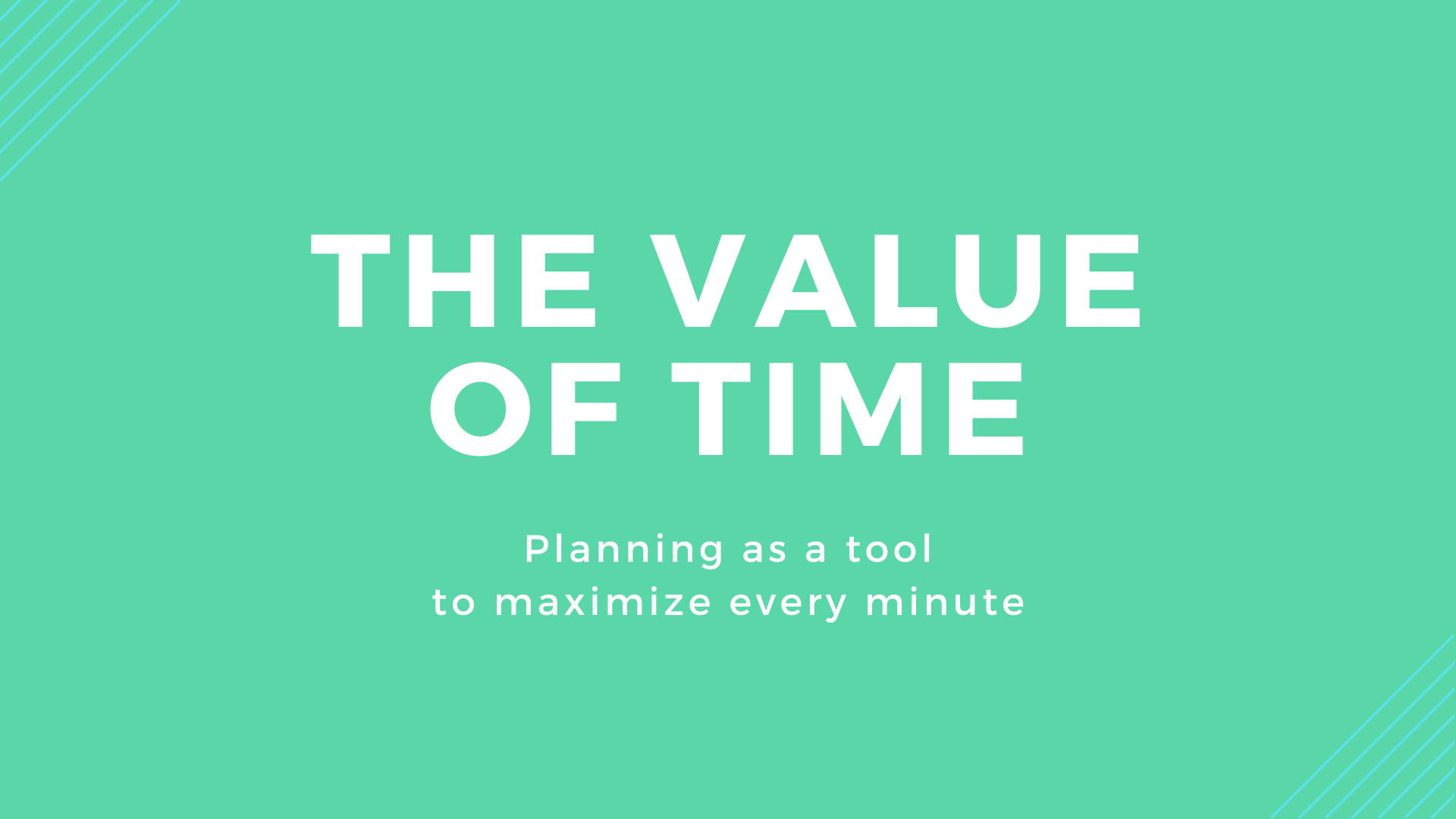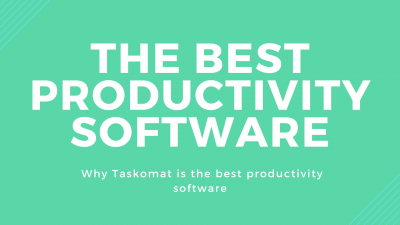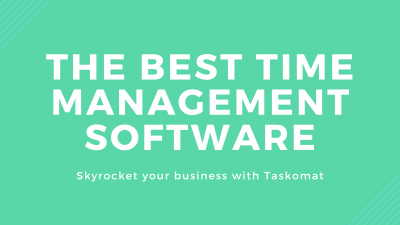The Value of Time
The first step to improving time management is recognizing its value: every passing minute is a lost opportunity if not used wisely.
Time is not just about quantity—how many hours, days, or weeks—but also about quality:
- What did I do during these hours, days, weeks?
- Which and how many activities made my time valuable?
- What results did I achieve?
Time itself has no value; it always moves forward, passes, and cannot be controlled.
What we can control is "how much value we put into our time," meaning how we make the time we have of quality, which depends solely on the actions we take.
It is from this control that we ensure we do not confuse being busy with being productive.
Planning as a Tool to Control Value
We cannot control time, but we can control the value of time through our actions.
Planning is one of the most effective strategies for controlling the value of time.
Planning means deciding in advance which actions to take within a certain time frame to achieve a specific result. Planning means choosing the destination and the path to get there, considering the available time. Planning means deciding in advance how much value we commit to putting into our future.
Planning is not a technique; it is rather a habit to develop.
Good planning starts with a careful analysis of goals and priorities. We need to know where we want to go, what we want to achieve, and why, after which we can create our action plan.
Here are some ideas to make planning effective:
- Never start the day without having finished it first
This is the fundamental rule, do not start anything if you do not know what you want to achieve and why it is important.
- Plan from the result
Planning is all the more effective as it represents all the actions to be taken that bridge the gap between "where we are now" and "where we want to go." Starting from the result and working backwards is a strategy that helps us focus on the essentials, on what is necessary and sufficient to achieve our purpose.
- Leave some margin
A good plan is not a good plan if it does not consider the fact that although we are good at strictly following the promises we made to ourselves, anything can happen, so we must think prudently and leave a margin to manage the unexpected.
Once the habit of planning the day in advance is consolidated, we can do more: do not start the week without having first concluded it.
And once we have mastered planning the week, guess what? We can do more: do not start the month without first concluding it, and so on!
It is the ability to plan effectively that makes us adept at managing and maximizing the value of our time.
Anyone who puts effort into planning will suddenly feel as if they have developed superpowers and can achieve much more than they could have imagined.
Some might object that planning simply "does not work" for them. In these cases, the problem does not lie in planning itself but in the ability to stop and think and define priorities and goals before starting to plan: if I decide it is strategic to go through Milan on my way from Florence to Rome, I cannot blame the navigator!
The Philosophy of Time Management
Obviously, planning does not save us from having to act, and it takes discipline to follow an action plan.
If properly considered, the ideas shared in the previous paragraph help to enhance the empowering psychological aspects involved during planning. We said that knowing the value of time makes the difference between being busy and being productive.
But what does that mean? When are we productive?
Being productive does not mean checking off a list of things to do, being productive does not mean working as many hours as possible, being productive does not mean being fast at completing every activity in the shortest time possible.
We are productive when we are aware of the importance of the action we are performing now and how it is connected to the chain of actions necessary to achieve our goals. We are productive when we know where we are going and why. We are productive when we are effective, when our actions are necessary and sufficient to get where we want to go.
We are productive when we manage our time well because we know the value we are putting into it.
It is then that all the "best practices" of time management with their rules to follow, the to-do lists, the "pomodoros," the time boxing, etc., have the desired effect and the benefits we can derive from following these practices will be effective and long-lasting.
Time is a Limited Resource
Whether it is a blessing or the opposite, none of us knows how much time we have in this life. What is certain, however, is that the time we are given is definitely a limited resource.
In this perspective, we should consider the idea that every morning we have a specific number of hours to "spend" (read: "invest") and we should treat these hours with the same respect and discipline with which we treat the banknotes in our wallet, if not more: badly spent money can be earned again, but a lost hour is gone forever.
From here follows the importance of investing the maximum value in the shortest time possible and since we cannot control time, it is soon clear where we must place our greatest attention and effort: in intelligent planning and the ability to respect it.
The Goal is to Transform Time into Value
Incorporating planning into our daily routine transforms the way we perceive and use time.
When we are fully aware of every minute spent, its meaning, and its importance, time ceases to be simply a passing of hours; it becomes a canvas on which we paint the goals and dreams of our lives.
This transformation is not only practical but also deeply personal and philosophical.
Developing the Habit of Planning
To effectively transform time into value, it is essential to establish a planning routine.
Starting with small steps, such as planning the day before it begins or the evening before for the next day, is the best way to start perceiving the benefits of planning, thus fueling the motivation to gradually extend the practice to include weekly, monthly, and annual planning.
The habit of planning not only improves our productivity but also how we feel about ourselves, reducing stress and increasing our ability to achieve our goals and, consequently, our personal satisfaction.
Conclusion
To conclude, giving value to our time requires much more than a series of planning techniques; it is a way of living and managing one's life and value with awareness, dedication, and commitment.
By implementing the discussed strategies, we can transform every moment into a significant step towards achieving our dreams.
Therefore, time is a precious resource to manage and a constant opportunity for growth and realization. The hours we have available every day can become the foundation on which to build a full and meaningful life, one minute at a time.
Get the most out of your time
Start now for free!



